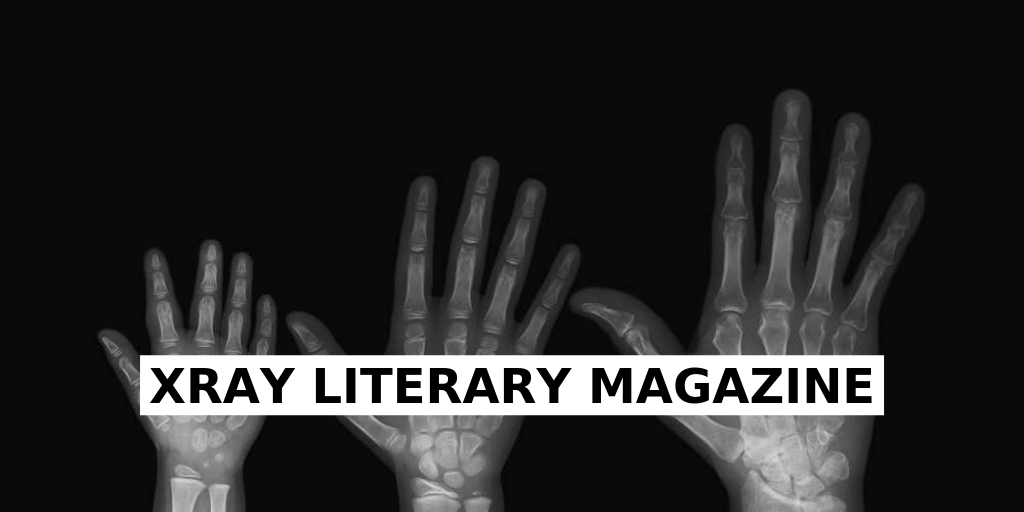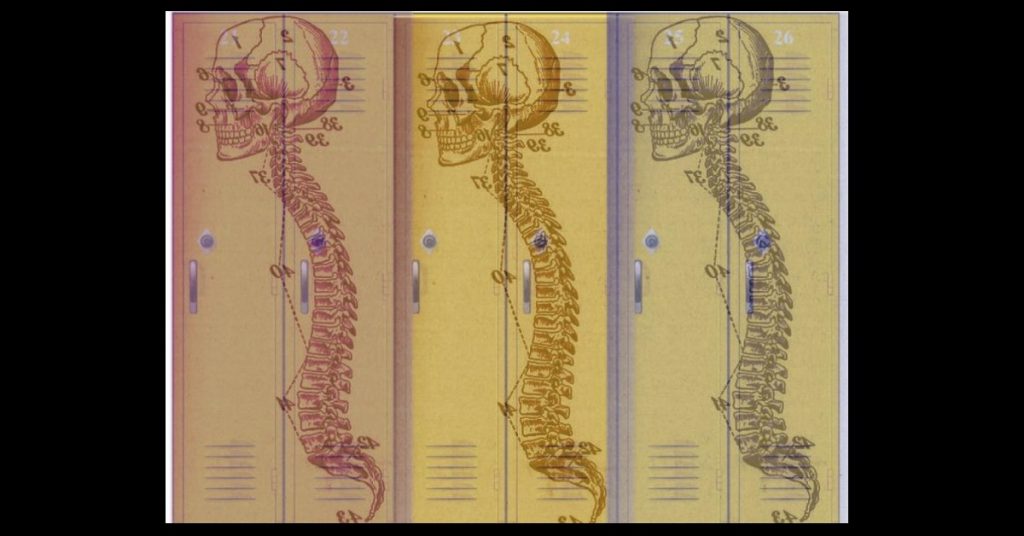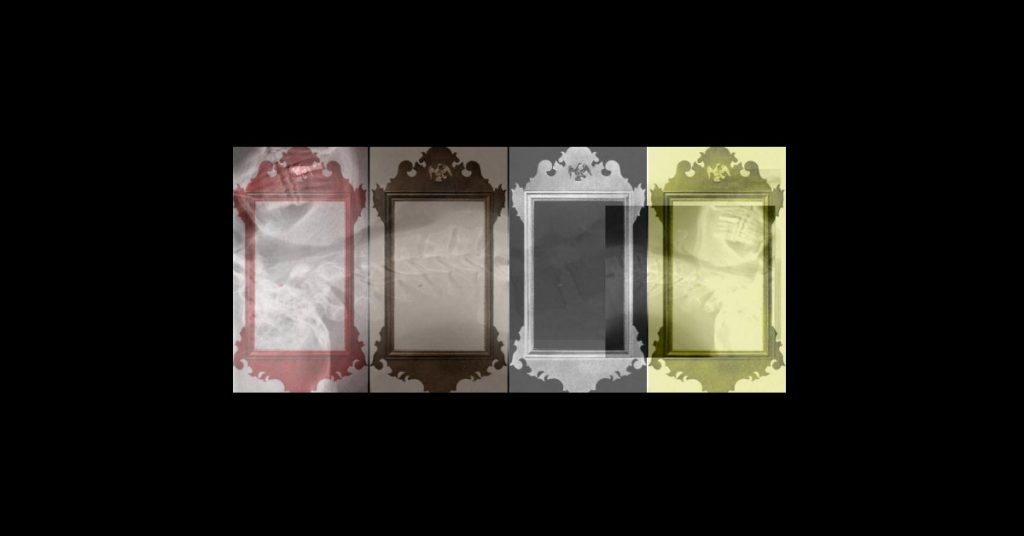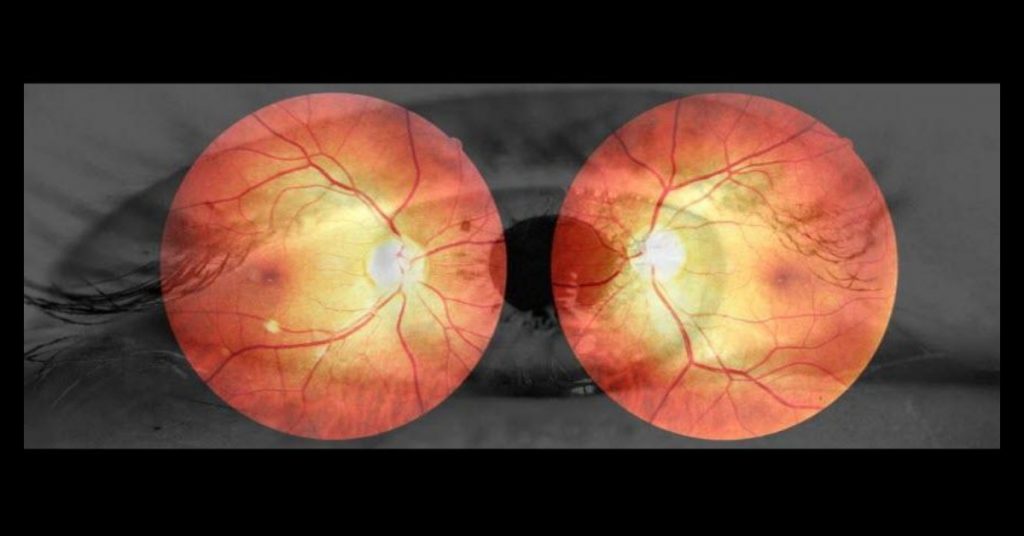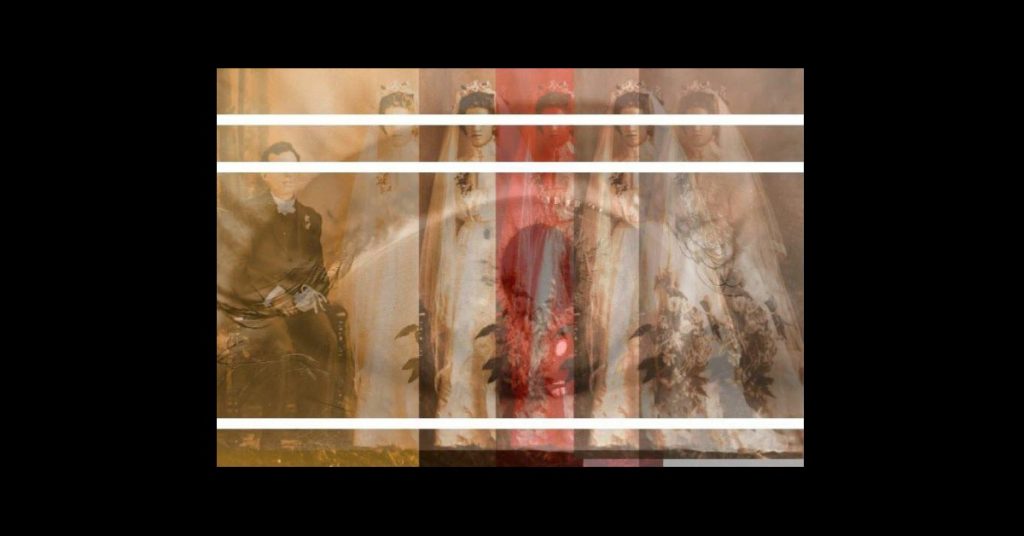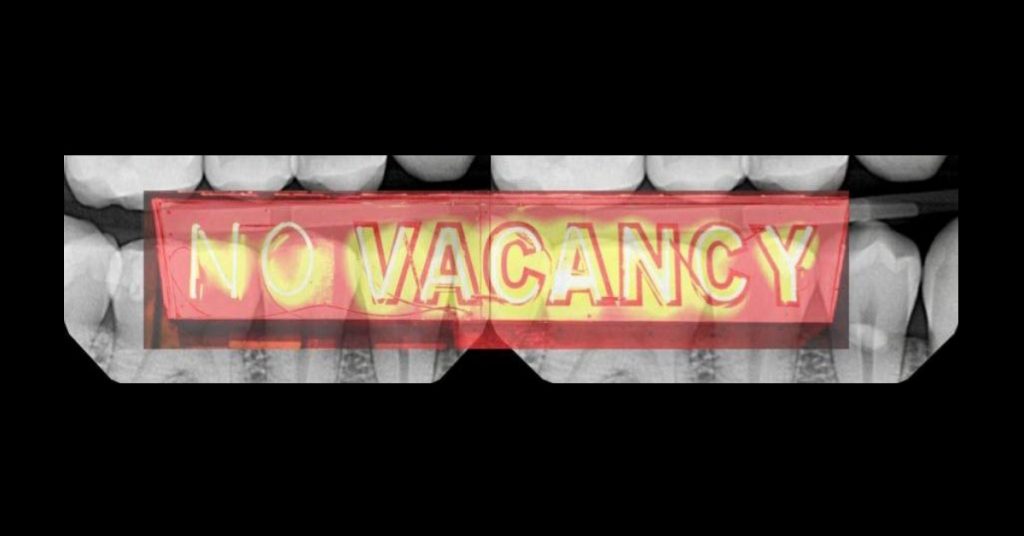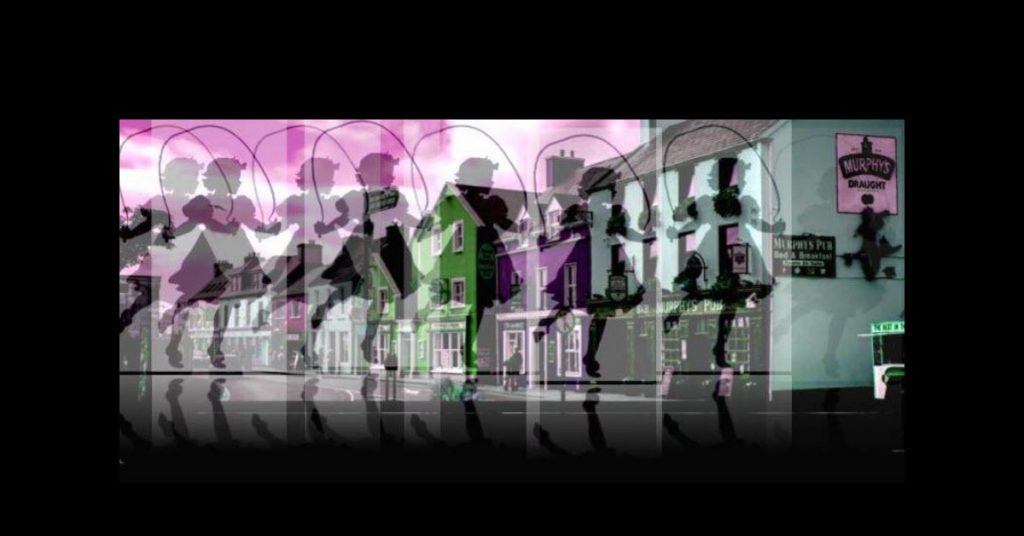
I PROMISE I WON’T SCREAM by Jan Stinchcomb
They say you did it.
Please tell us how it went down, otherwise we will never be able to stop parking in front of your house on Hibiscus Way. The woman who lives there now glares at us from the driveway. She got the place for a good price because of what happened, but by then most of us were gone, sent away in our parents’ last attempt to save us from the bad scene.
We have returned, as all children do, because we have nowhere else to go.
The sunlight in our hometown knocks us out. It follows us everywhere, even in our dreams. We feel safest here, but only because we know the depth of our secrets. It’s like trusting our feet will touch the bottom of the pool at the rec center.
#
Once we park here, we can’t leave. Sometimes we tell stories of the blood you spilled, and sometimes we sit and wait in brittle silence. Sometimes you are good enough to appear.
Look––someone’s in the window! There she is! That’s her face!
Now we’re all screaming.
Even the woman in the driveway is whirling around, trying to see what we’re screaming about. Christine puts her foot on the pedal and we fly away. Before we get to the first stop sign, our screams have turned into wild laughter, scattered tears.
We should have stayed, I say in a voice so small no one hears me.
Later on, while I’m lying awake in bed, I can see your face floating above me until the sun rises. Your furious face. Your center part. Your brown hair is so long it hangs down and tickles the tip of my nose.
You haven’t changed a bit.
#
A hammer and a gun. Blood all over the master bedroom, the carpet saturated. You burned the bodies at China Camp. We go out there now to smoke a joint in that same spot where you thought fire could hide your crimes. You wanted a fairy tale, didn’t you, a world without parents? No more rules, no screaming fights, just their money and their house. We feel for you, especially when they blame you for your green eyes and witchy ways, or when they say you manipulated your boyfriend into committing murder. He’s stuck in prison, they tell us, but they forget you were only sixteen, an abused adoptee.
We remember you, the saddest girl in school. You made us feel like we had no problems. Pills. Shoplifting. Pregnancies. Hidden bruises. Dreams we were afraid to speak. None of that compares to your misfortune, your curse, a mother-daughter tale of fiery rage that devours itself.
#
I go to the cemetery by myself and sit in front of your parents’ grave. It is the anniversary of the murder and I am all alone.
My parents would be so angry if they knew where I was.
I see you coming from afar. You’re wearing the same blue jeans and peasant shirt you wore in high school. Platform shoes. You carry a suede fringe purse with a long shoulder strap. It is you. It must be you. It is as if no time has passed.
Now we can talk about everything. Finally. I have so many questions for you.
But I panic as you get closer and then I bolt. I run on trembling legs past the crypts of respectable families whose daughters don’t do drugs or fornicate with older men. At the cemetery gates I turn, gasping, to look back at you.
Nobody is there. Not a soul.
#
You lived the teenage fantasy: you killed your parents.
When you disappeared from school, we thought you’d run away with your boyfriend, and then someone said they saw you at the market.
The market! We were disappointed, honestly. It was so ordinary. Why in the world would you be at the market? We would have thought you’d turn the house into a sex palace and drift away on a cloud of pot smoke.
We had no way of knowing murderers get hungry.
#
This town loves the dirt. They say you got off easy and went on to a life of petty crime. You go by many aliases. You’re an addict. A whore. A man who never lived here published a book about the murders; an artist did your portrait in graphite and ink. Despite all these attempts to fix you in place, you have disappeared.
A new theory emerges. That hammer. Your mother. It couldn’t have been your boyfriend, they say, it had to be you. All you. It was too violent, too personal. Your mother’s blood on your white hands. We’re going to drive by your house once more. We want you to walk through time and open the front door. We really need you to come out and talk to us.
Please. I won’t run away this time. I promise I won’t scream.

